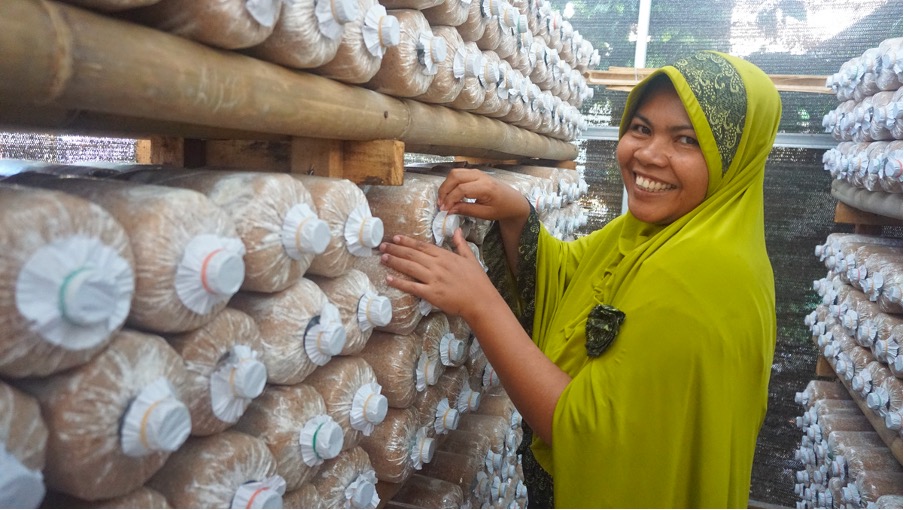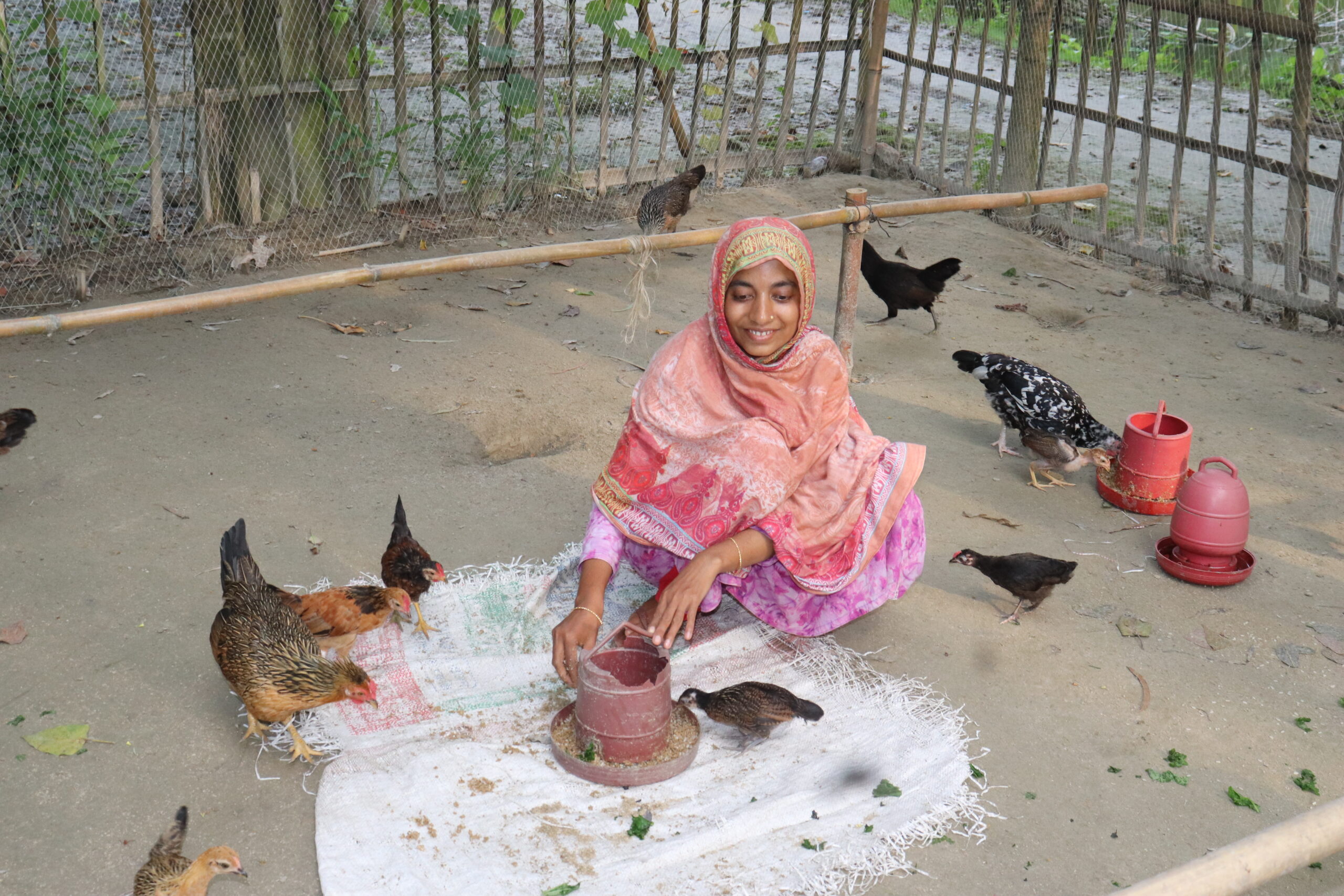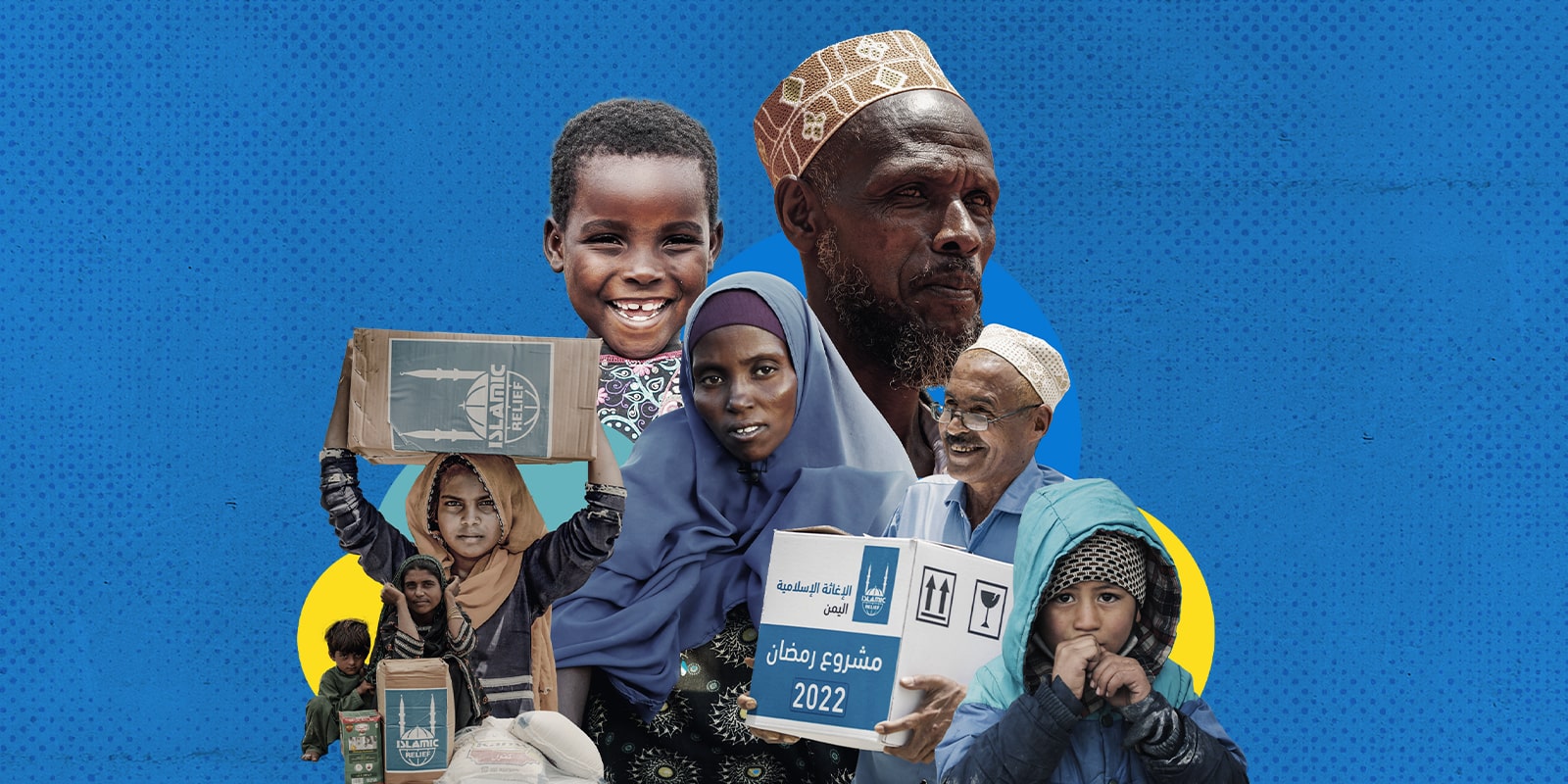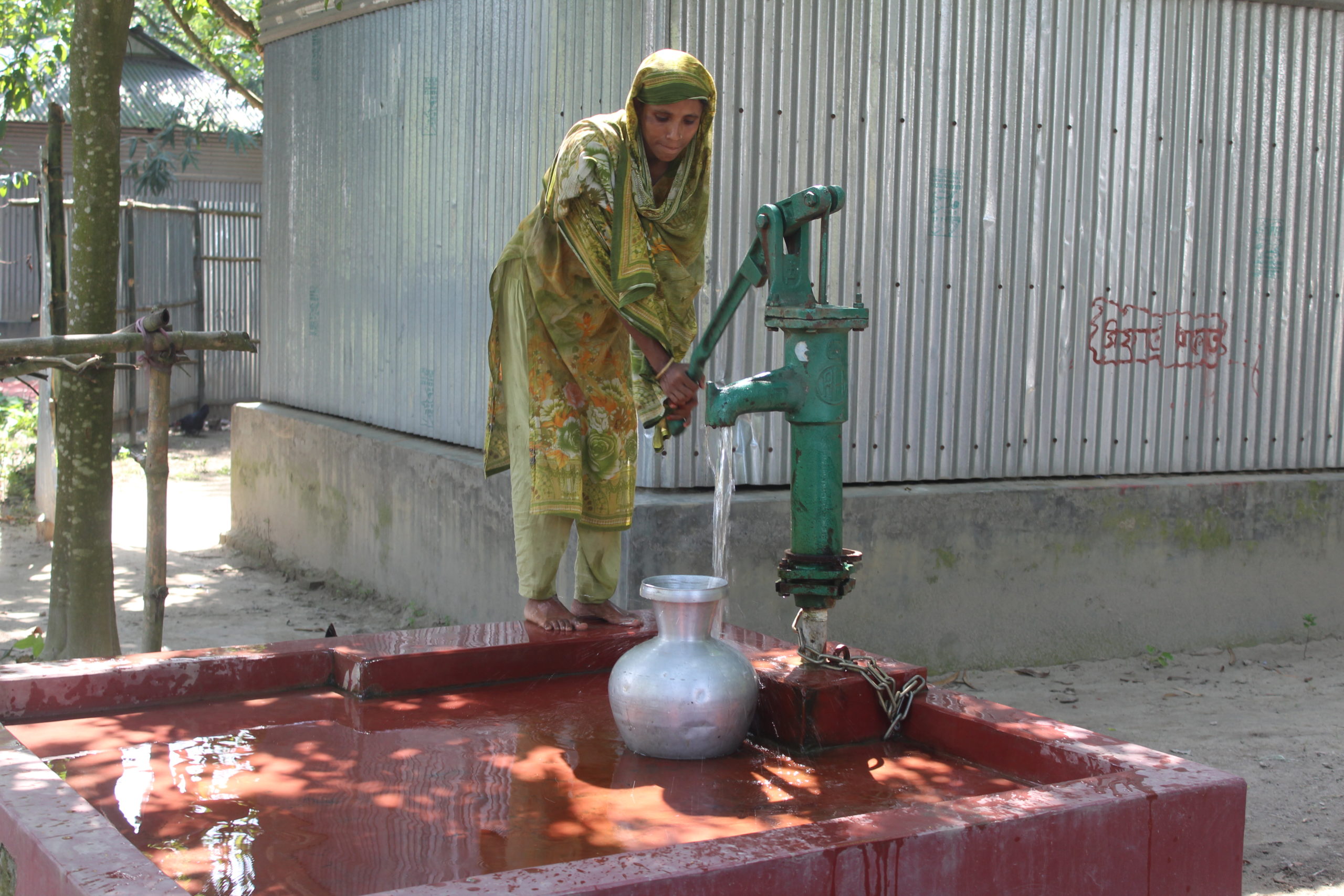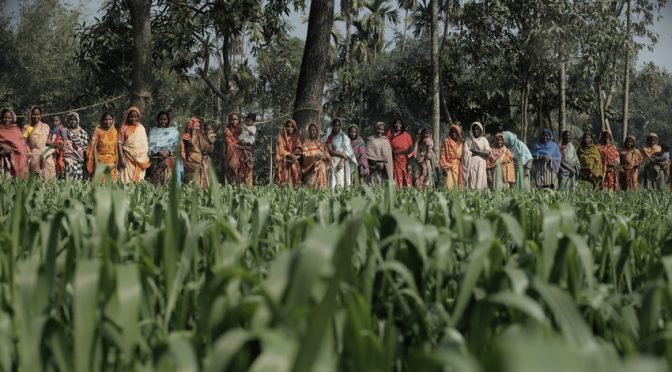
10.22.18
Islamic Relief Australia Attends Launch of World Bank’s 2019 Development Report
Last Monday the 15th of October, Islamic Relief Australia (IRAUS) attended the launch event for the World Bank’s 2019 Development Report. The Australian launch came off the back of the annual meeting between World Bank Group and the International Monetary Fund on Thursday in Bali. The launch focused on the changing nature of work as technology continues to reshape the future.
“How much human capital will a child born today expect to attain by age 18, given the risks to poor health and poor education that prevail in the country where they live?”
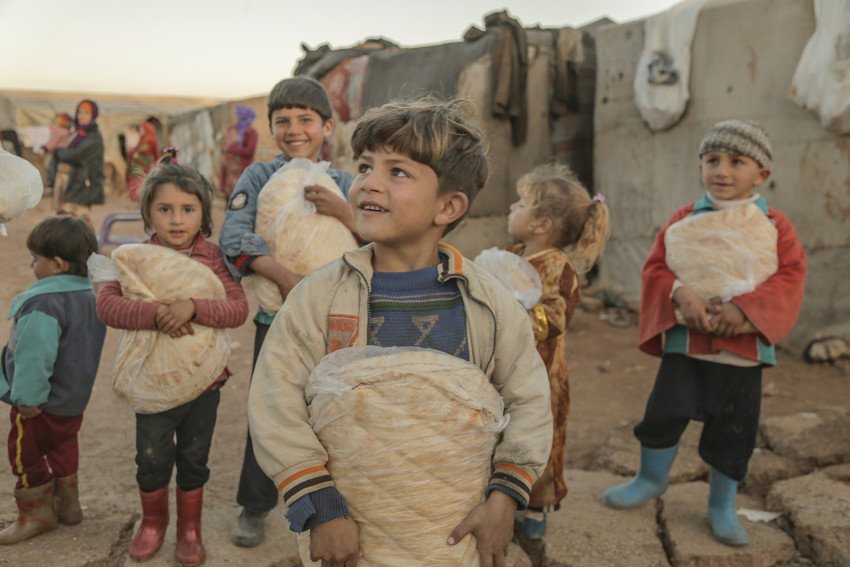
We need to be ready to serve a changing global economy
The response of governments need to be directed into investing in people as the traditional nature of firms, jobs and employment contracts is rapidly changing. Technological innovation has created firms that no longer need a shop front, jobs that require higher skills and employees who are independently contracted.
 WDR 2019 Report Photo Cover
WDR 2019 Report Photo Cover
By investing in health and education, the next generation will be ready for a new global economy. The differences in learning between developing and developed countries are massive. As many as 60% of students in developing countries in the East Asia and Pacific region are disadvantaged because of poorer performing learning systems.
Islamic Relief Bridging the Gap
Islamic Relief Australia is committed in bridging this gap in a way that will be sustained for the long term so that the children of the next generation will also be able to reap the benefits from our development projects. In 2018, we have launched two development projects in Indonesia and Niger that are centered on primary education for children.
In Niger, we are expanding our Orphan Sponsorship Program so that they are set up for today and tomorrow. We have set up two community-based organisations that will earn regular income from animal husbandry and preserving cereals. Through this project, orphans and their families will become financially independent and resilient. We have also committed to train 45 primary school teachers, and distributed 700 school kits to promote interest in school.

We hope to continue our development projects to be in line with the World Bank findings and approach.
Find out more on their ‘Human Capital Project’ – http://www.worldbank.org/en/publication/human-capital

